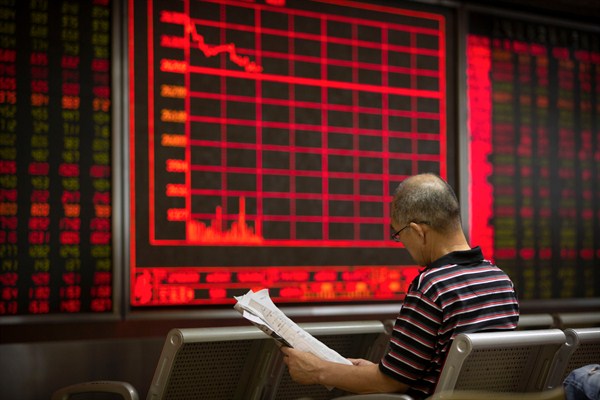Amid signs that both sides are trying to tamp down the trade war, at least for now, American and Chinese negotiators are planning to resume trade talks in early October. China recently exempted some U.S. goods from its retaliatory tariffs and is signaling that it may allow the private sector to resume purchasing American agricultural commodities. President Donald Trump in turn delayed by two weeks increasing the tariffs on $250 billion in Chinese exports from 25 percent to 30 percent. He said the delay, to Oct. 15, was a “gesture of goodwill,” since the leadership in Beijing will be celebrating the 70th anniversary of the founding of the People’s Republic of China on Oct. 1.
While the easing of tensions is welcome, the prospects for a meaningful deal to actually resolve the trade war seem no better—and maybe worse—than when negotiations broke down last spring. Despite the recent escalation, U.S. leverage may be ebbing, and the lack of trust between the two governments is just getting worse.
Trump continues to say that China is paying the tariffs, rather than U.S. businesses and consumers—an assertion that has been repeatedly knocked down. This summer, he insisted again and again that Beijing is desperate for a deal because the tariffs—which are taxes paid by Americans—are hammering the Chinese economy, suggesting they are causing dramatically slower growth, the loss of millions of jobs and the withdrawal of thousands of foreign firms. But the available evidence doesn’t support those claims either, according to China scholar Nicholas Lardy of the Peterson Institute for International Economics.

